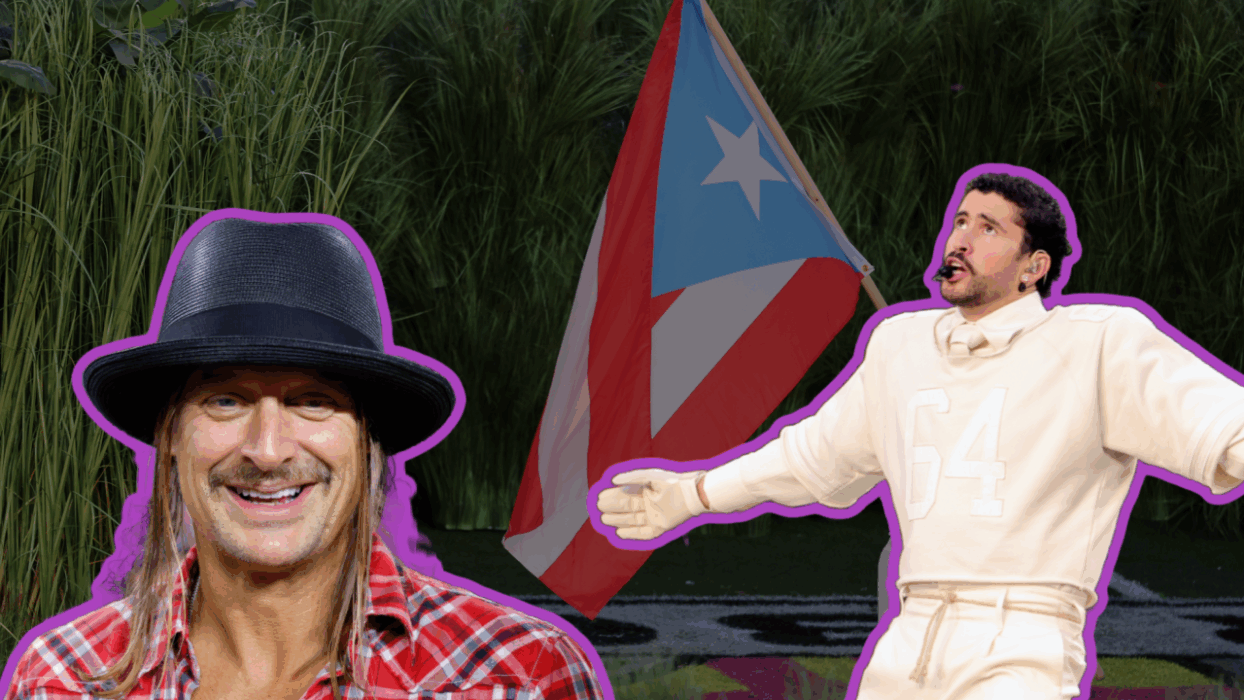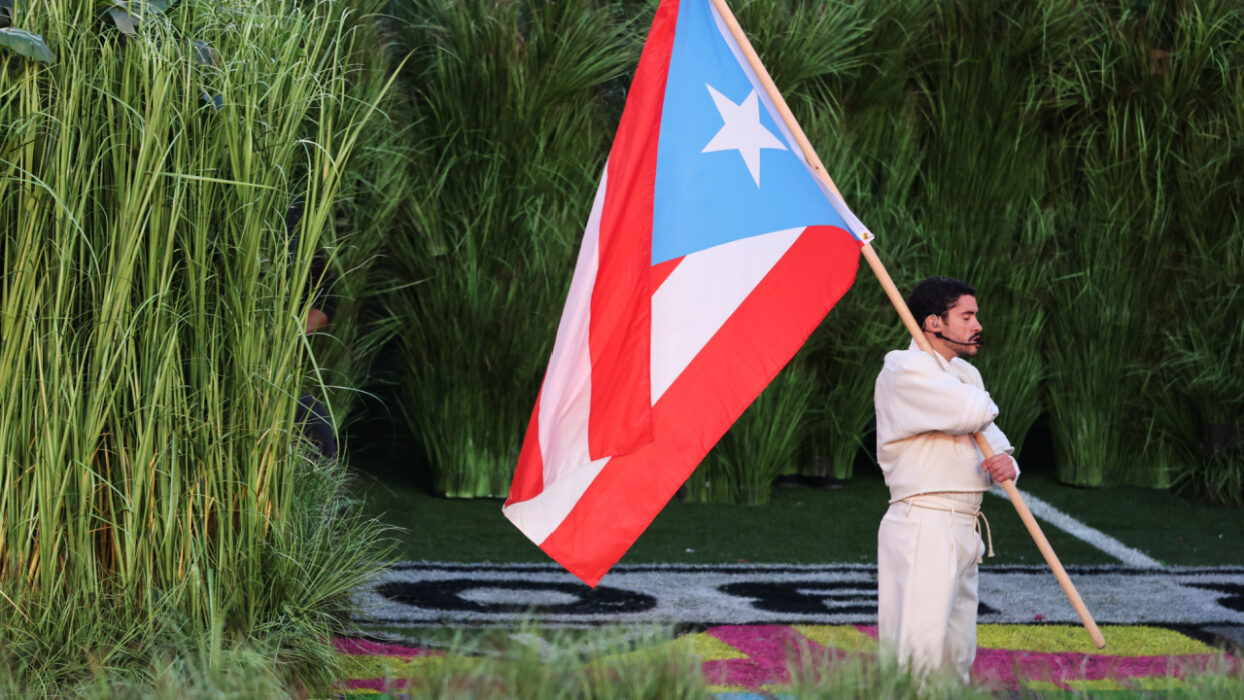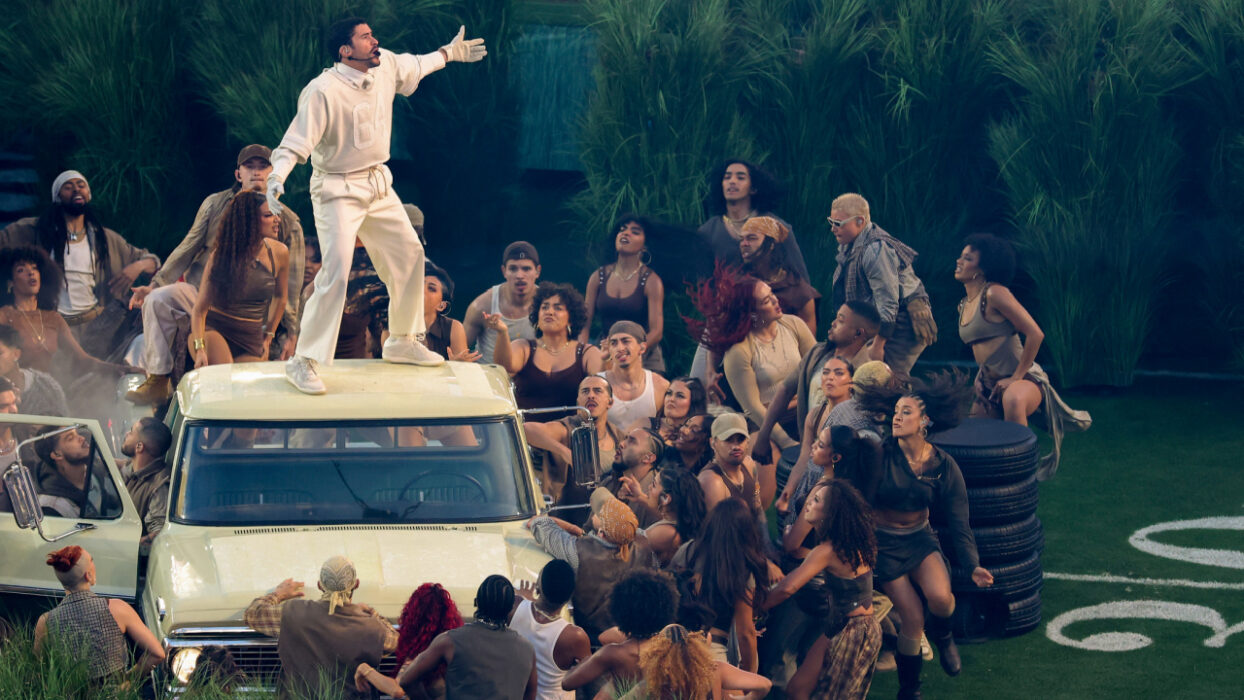
Ana de Armas on Playing Latina Roles: ‘I Don’t Want To Put a Basket of Fruit on My Head Every Single Time’
Ana de Armas is slowly, but surely, becoming a household name. The Cuban actress’ recent filmography is star-studded with the likes of Daniel Craig, Keanu Reeves and Ben Affleck, to name a few.
De Armas lived in Cuba until age 18, when she decided to move to Spain to seriously pursue acting. Despite her success acting in Spanish television, she was still relatively unknown to American audiences. Until the 2019 modern whodunit film “Knives Out,” that is.
Since then, it seems like her agent’s phone hasn’t stopped ringing.
She’s got several new movies coming out, including “The Gray Man,” a summer blockbuster that is allegedly Netflix’s biggest-budget film to date. In it, she works alongside Ryan Gosling and her three-time co-star, Chris Evans, who she also regards as a dear friend.
However, in an interview with Elle Magazine, she admits, “I never thought I was going to be an action actor. It wasn’t my thing […] I feel ridiculous. And it takes a lot of work.”
Taking a step back from action films, de Armas is tackling what might be the role of a lifetime: portraying Marilyn Monroe in the upcoming biopic, “Blonde.”
This heralds a very positive and important shift toward inclusivity in Hollywood, as the titular role of the American sex symbol is being playing by a Cuban actor with a slight accent. De Armas acknowledges the victory, stating, “It’s definitely changing; it’s getting better.”
However, she also recognizes what a unique position she’s in, serving as the voice for the entire Latinx community. “I do want to play Latina,” she begins. “But I don’t want to put a basket of fruit on my head every single time.”
She emphasizes the importance of casting Latinx actors, and actors of all kinds, in roles that bristle against stereotypes and allow equitable treatment and opportunities for everyone.
She says, “My hope [is] that I can show that we can do anything if we’re given the time to prepare, and if we’re given just the chance.”
In terms of feminism, she says, “I grew up in the most macho-man culture, and at the same time, Cuba is just so free in so many other ways that sometimes I’m shocked with the things that I hear that are still conversations in this country. I’m like, ‘We’re still here?’”




